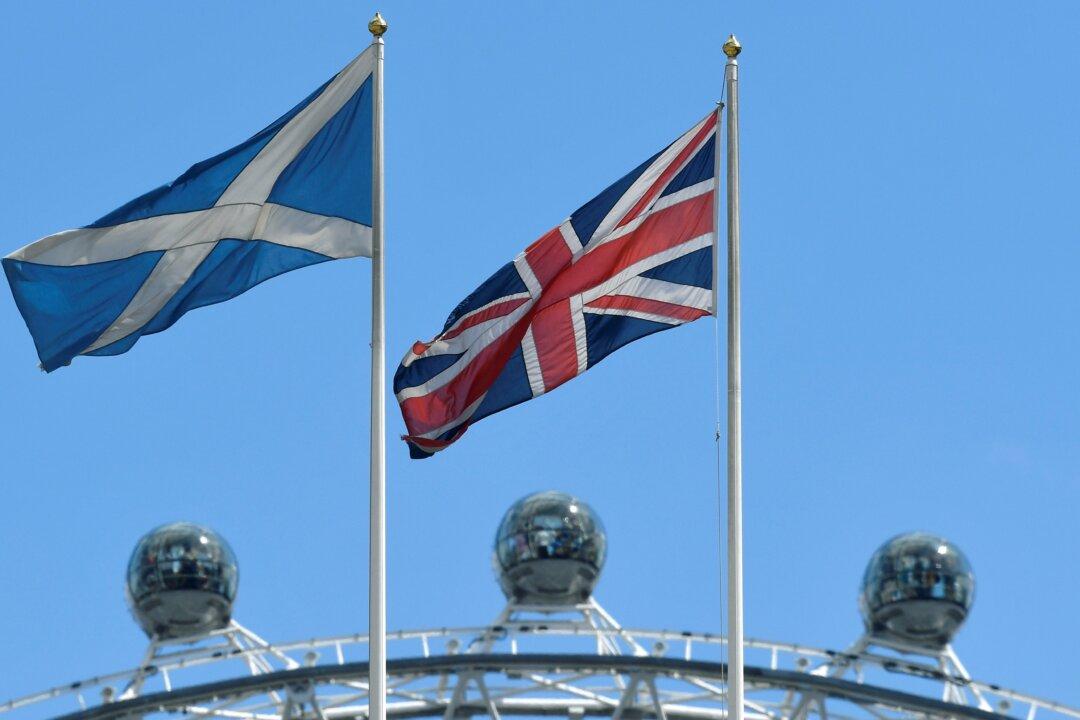The Scottish government would be “unlikely” to overcome the opposition from the UK government and succeed in holding a second independence referendum, a former civil servant who negotiated the first independence vote has said.
In the first independence referendum held in 2014, the Scottish electorate voted 55–45 percent to reject independence and remain part of the UK.





